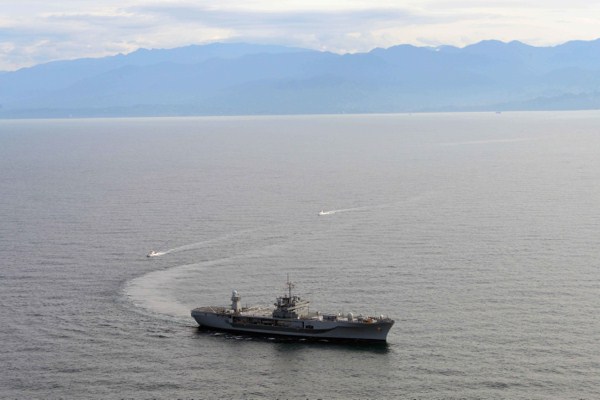Russia’s actions in Ukraine have radically altered the European security equation, with the Black Sea region becoming an acutely contested zone between Russia and NATO. The juxtaposition of NATO members Bulgaria, Romania and Turkey as Black Sea littoral states alongside Russia and Ukraine creates an inherently explosive mix.
Regional tensions are likely to increase before they dampen down. For example, the United States is establishing a missile defense base in Romania in 2015, while Russia is planning a major increase in the capacity of its Black Sea Fleet, Moscow’s main means of projecting maritime power into the Mediterranean. Yet while the dynamics of the region have changed dramatically, its governing conventions, such as the Montreux Convention, have remained virtually unchanged since the Cold War. The strains between these archaic regional security institutions and actual developments on the ground are becoming increasingly apparent.
For Russia, maintaining its influence in this region is critical to its status as a world power. Indeed, President Vladimir Putin partly justified Russia’s annexation of Crimea as necessary in order to maintain Russia’s access to the Black Sea. Crimea contains some of Russia’s most important strategic assets, including the Black Sea Fleet’s naval base in Sevastopol. Russia’s annexation of Crimea has allowed Moscow to set aside the various restrictions on Russian military deployments and activities at Sevastopol contained in its 1997 treaty with Ukraine governing use of the base. For example, whereas the 1997 agreement limited the number of Russian ground forces in Ukraine to 2,000, there are currently more than 20,000 Russian soldiers on the peninsula. The Russian Defense Ministry has also ceased paying the Ukrainian government the $100 million in annual rent required by the treaty, and instead is using these funds to modernize and expand its military forces on the peninsula.

